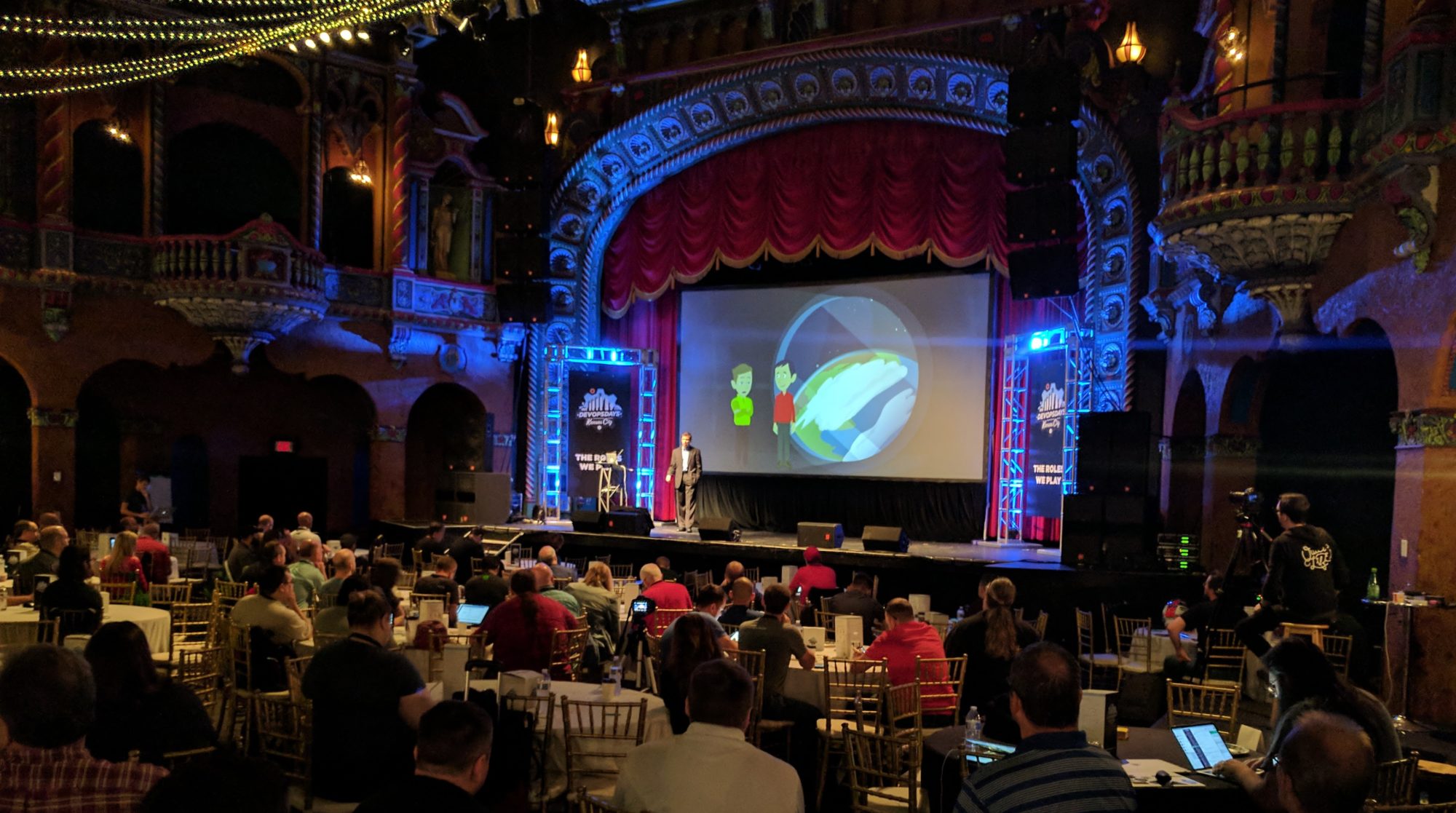Brett Kelly has a post about why he uses Tumblr instead of WordPress (or something else) for http://nerdgap.com. Here are a few of his major points:
- Tumblr is hosted so he doesn’t have to mess with the server or install.
- Tumblr limits what he can do, so he has to focus on the content instead of fiddling with other stuff.
It is an interesting read. As someone who started off using TypePad for Productivity501 because of his first reason, I’m not sure he’ll feel the same way a few years down the road when reason number two starts really limiting what he can do. I finally bit the bullet and got some really good (and expensive) hosting in order to not have to worry about the server side of things. Like Brett, I’m perfectly capable of managing my own server, but it can be a huge distraction from writing.
Still, I’ve found it very useful to have the flexibility that I get from a self hosted install of WordPress. Brett is basically saying that “content is king, so lets eliminate anything that distracts from great content”. I don’t agree. Content is very important, but it is just as important to do intelligent things with your technology. In fact, the revenues from two of my sites have gone from paying for a couple bills to paying the mortgage, taxes and insurance on a 4,000 square foot house when I stopped focusing so much on content and started trying to be smart about how I used and customized the technology.
I want to checkout Tumblr based on Brett’s recommendation, but I still think that the flexibility from self-hosted WordPress is very necessary if you want to turn a blog into a significant source of income.
